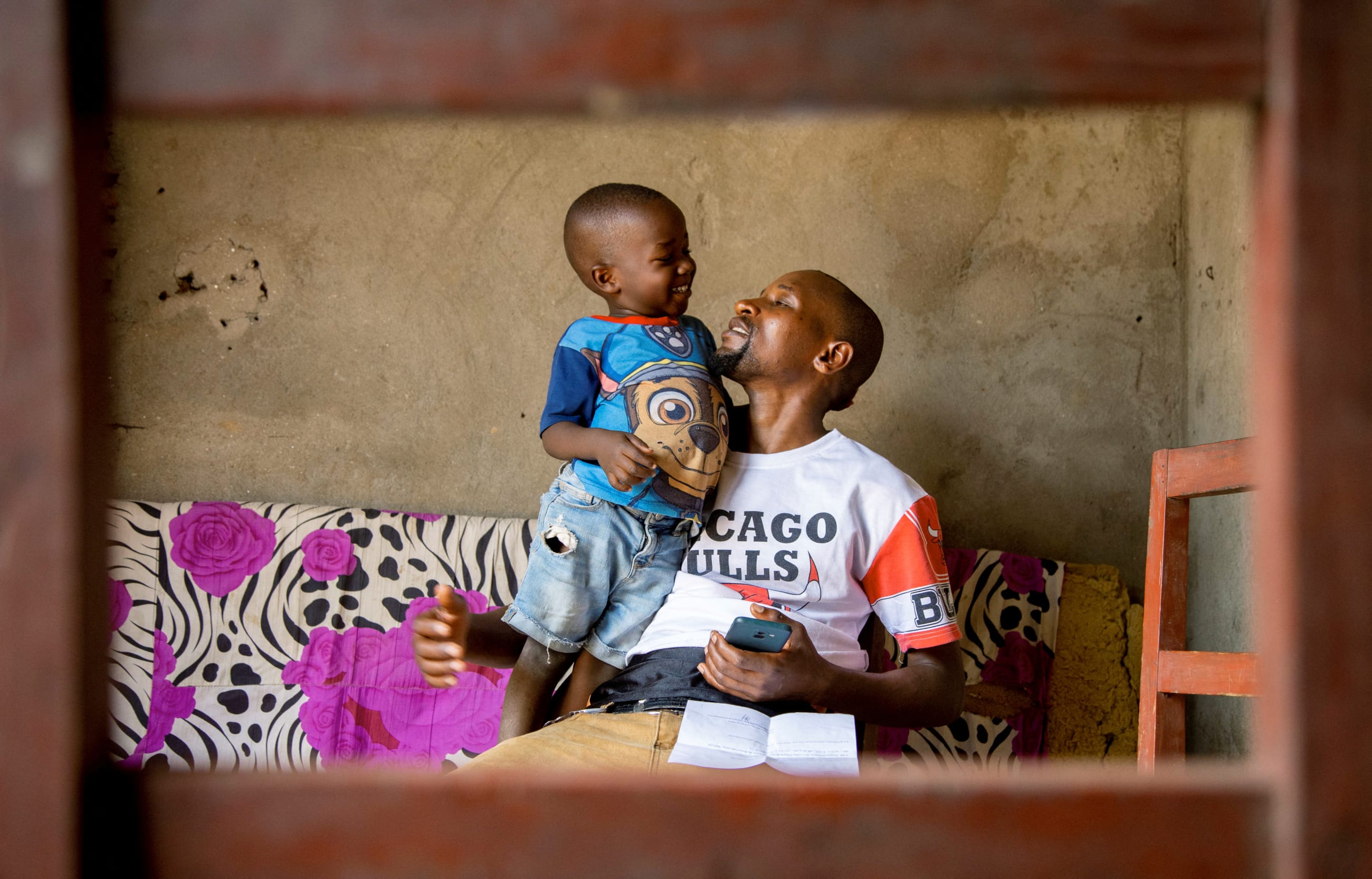In 2015, almost a decade ago, the great journalist and former CEO of the ONE Campaign Michael Elliott wrote a Time magazine cover article, titled "The Age of Miracles," describing the prior decade in global health. It was a time in which development assistance for health grew on average by 11.1% annually. Big new initiatives—such as PEPFAR, GAVI, and the Global Fund to Fight AIDS, Tuberculosis, and Malaria—were founded to accelerate progress. Lifesaving medical care was made available to hundreds of millions of people. The number of people who died each year from AIDS fell by 40%. Child deaths declined by nearly half.
In contrast, 2024 feels like an inflection point in global health. The societal divisions that emerged during the COVID-19 pandemic remain unhealed, roiling national elections and geopolitics alike. Global health aid budgets have fallen from their 2021 peak. Remarkable successes have occurred, such as the response to Rwanda's Marburg outbreak, but global conflicts such as in Gaza, aging societies, and the harmful effects of the changing climate are taking a heavy toll. The global consensus that characterized global health's age of miracles was absent from the pandemic accord negotiations and the fate of global health programs are uncertain amid political transitions in the United States, Europe, and elsewhere.
Can global health have a second act, another age of miracles? This is the story that Think Global Health will be watching most in 2025. In the meantime, this year's selection of stories offer insight as to what to expect in the coming year.
- South Korea's Plan to Avoid Population Collapse
- Rethinking Insurance for an Aging Population
- Marburg in Rwanda: What to Expect
- The Deep Imprints of Gaza's Humanitarian Catastrophe
- The Pandemic Agreement Fractures in the Latest Negotiations
- Shrinking Shores, Rising Risks in the Great Salt Lake
- In India, Climate Change Drives Pesticide Use, Harming Farmers' Health
- U.S. Voters Disenfranchised by Climate Change
- Will International Humanitarian Law Survive the Israel-Hamas Conflict?
- India's Call for Action on Noncommunicable Diseases
- Insights From India on Expanding Global Vaccine Production
- Using Game Theory to Advance the Pandemic Agreement
- What Big Cannabis Can Learn from Big Tobacco
- Transforming the Global Food System for Better Health
- Alcohol Industry Panics as Healthier Habits Cut Sales
- Climate and Health: Global Problems, Local Solutions
- The United States Can't Arrest Its Way Out of Gun Violence
- Outlasting the Taliban's Ban on Women's Medical Education
- Diabetes, Colonialism, and Killers of the Flower Moon
- Title 42, Asylum Seekers, and American Public Health in 2024 Election
- Extreme Heat Taxes Africa's Women and Reproduction
- Health Care: A Frontline Defense Against Human Trafficking
- The PEPFAR Files: Who Tried to End the Lifesaving HIV Program?
- "Compelled by Our Fears": RFK Jr. and Vaccine Doubt












